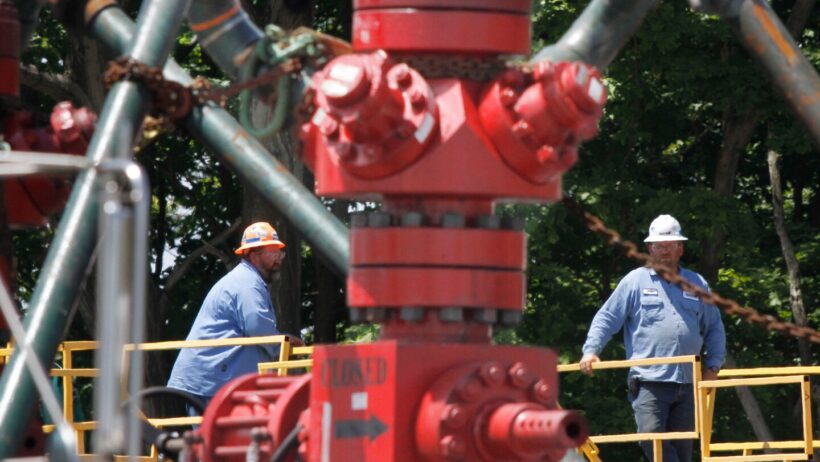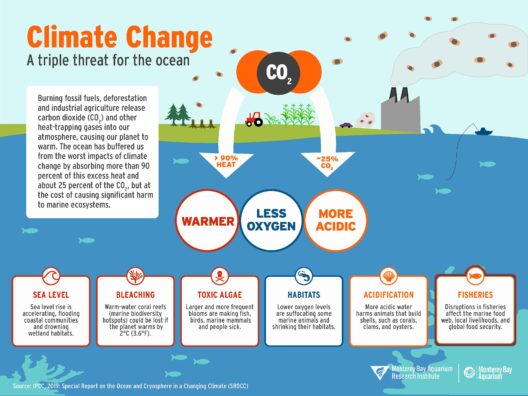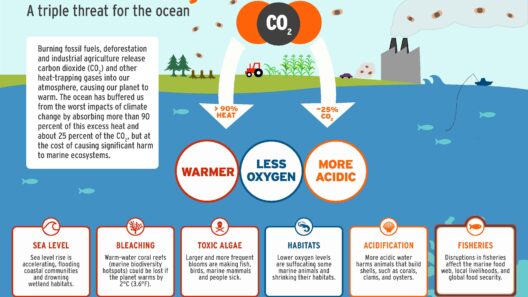Natural gas is often heralded as a cleaner alternative to coal and oil, heralded for its potential to reduce overall greenhouse gas emissions. However, despite its perceived benefits, natural gas may fuel global warming more than one might initially consider. This exploration into the complexities of natural gas reveals layers that challenge the common assumptions surrounding this fossil fuel.
At its core, natural gas primarily consists of methane, a potent greenhouse gas that possesses a global warming potential significantly greater than carbon dioxide—over twenty times more effective at trapping heat over a two-decade period. This inherent characteristic prompts a critical inquiry: What are the implications of methane leakage across the natural gas supply chain? From extraction to combustion, discrepancies in measurement techniques may lead to underestimations of methane emissions. The culmination of these overlooked emissions can culminate in a far grimmer picture of natural gas’s impact on climate change.
The extraction process, particularly via hydraulic fracturing, releases methane into the atmosphere, often unintentionally. During this procedure, natural gas is extracted from deep underground rock formations, and the pressure created can release methane escapes. Studies have indicated alarming leakage rates, sometimes exceeding 10% at certain extraction sites. This underscores the necessity to reevaluate the environmental benefits attributed to natural gas when factoring in these emissions. The question arises: can any purported benefits be sustained amidst the growing evidence of methane leaks?
Furthermore, transportation and storage of natural gas contribute to this dilemma. Pipelines, which transport gas over extensive distances, can become shrouded in uncertainty. While regulatory measures exist, they often vary by region and may prove insufficient in curbing methane leaks. More disturbingly, compressor stations—crucial for maintaining the pressure necessary for transportation—can themselves be sources of substantial methane emissions. This highlights an inescapable truth: leakage is an omnipresent concern throughout the lifecycle of natural gas.
When one examines the utter combustion of natural gas, it may appear that the fuel actively reduces carbon emissions relative to coal and oil. Indeed, combustion produces less carbon dioxide; however, it’s vital to recognize that these emissions are the mere tip of the iceberg. If one accounts for the methane emissions that occur prior to combustion, the climate impact becomes markedly more severe. The interplay between methane emissions throughout extraction, transportation, and eventual use only intensifies the scrutiny that natural gas faces in combating global warming.
Shifting the perspective further, it’s crucial to ponder the socio-economic implications of natural gas reliance. In the quest for energy security, countries may hastily invest in natural gas infrastructure, neglecting the urgency with which renewable energy sources must be developed. Such investments may lock fossil fuel use into future energy strategies, consequently delaying the transition towards predominantly renewable sources like solar or wind power. This constraint can be a persistent obstacle towards achieving significant greenhouse gas reductions. Leaders must grapple with the long-term consequences of prioritizing natural gas development over sustainable energy alternatives.
Moreover, while natural gas is often lauded as a bridge fuel, the reality presents an unflattering juxtaposition. This terminology presupposes an inevitable transition towards cleaner energy, yet current global patterns suggest a troubling reliance on natural gas in various regions. Such dependence can foster complacency in energy policy. The allure of natural gas may distract governments from aggressively pursuing innovative technologies aimed at reducing or eliminating fossil fuel usage entirely.
Additionally, the infrastructure associated with natural gas extraction, transport, and usage raises the specter of environmental degradation. Natural gas extraction frequently intersects with delicate ecosystems and water sources, risking contamination and disruption. Long-term health impacts on at-risk communities is a burden that must not be ignored. These impacts further underscore the pressing need for rigorous oversight and accountability in the natural gas industry.
Public perception is another major facet in the climate discussion surrounding natural gas. As arguments propagate substituting gasoline for natural gas vehicles, there is an inherent risk of fostering a societal narrative that normalizes fossil fuel usage. This normalization can dilute the urgency for reducing overall fossil fuel consumption, thereby complicating the journey towards a true low-carbon future. Public understanding and awareness are crucial in fostering sustainable policy choices and energizing communities to advocate for true alternatives.
In conclusion, while natural gas possesses advantages that may contribute to certain short-term reductions in greenhouse gas emissions, the long-term implications are considerably more complex. Methane leakage, reliance on fossil fuel infrastructure, environmental degradation, and public discourse all cast a shadow on the viability of natural gas as a solution to climate change. Thus, it is imperative that individuals, policymakers, and advocacy groups remain vigilant in questioning the roles of natural gas in energy strategies and balance the immediate benefits against decisive, long-term climate goals. The conversation must shift towards a comprehensive understanding of sustainability, urging a pivot from fossil fuels to renewable energy sources as the most viable pathway toward a decarbonized future.







